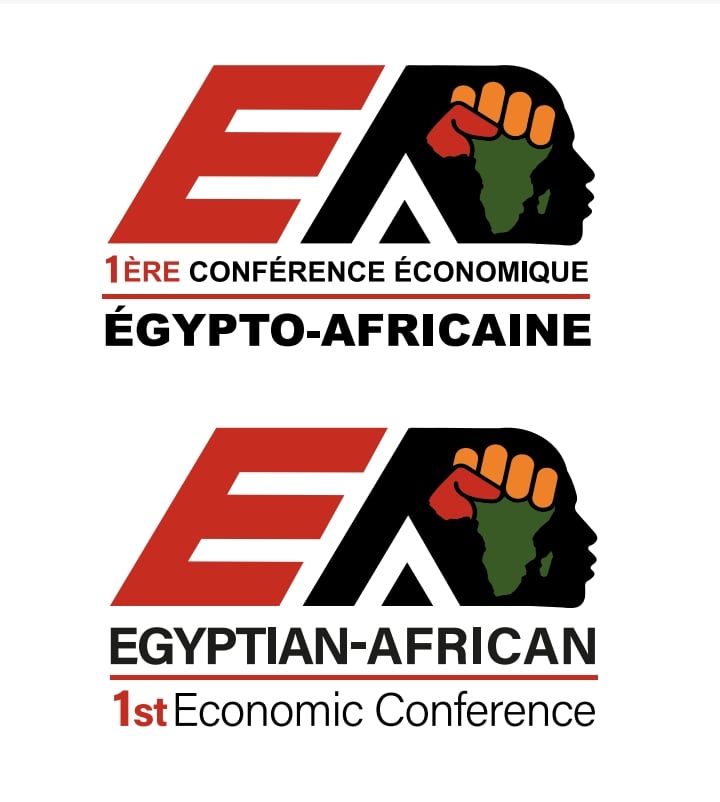Marking the 150th anniversary of the Al-Ahram Foundation, Al-Ahram Ebedo will host its first Egyptian-African Economic Conference on Saturday, November 29, aiming to explore pathways for deeper economic integration across the African continent. Held under the theme “Africa We Want: Integration and Partnership for the Future,” the forum takes place at the Naguib Mahfouz Hall within the Al-Ahram headquarters and is held under the patronage of Prime Minister Mostafa Madbouly. n nThe event brings together African ministers, ambassadors, business leaders, and economic experts to discuss strategies for advancing the African Continental Free Trade Area (AfCFTA) and enhancing regional cooperation. Neveen Kamal, Editor-in-Chief of Al-Ahram Ebedo, emphasized the critical moment for Africa, noting its central role in global shifts related to demographics, technology, and energy transformation. She described the conference not merely as a discussion platform but as a pivotal political and economic gathering aimed at addressing challenges in industrialization and financing. n nThe opening session, titled “Economic Diplomacy: Africa’s Engine for Development,” highlights how strategic partnerships, investments, and integrated foreign policy tools—rather than slogans—can drive growth. Participants include Rania El-Mashat, Minister of Planning and International Cooperation, Mohamedou Labaran, Dean of the African Diplomatic Corps, Ambassador Ali Doweish, representative of the African Union at the Arab League, and Hisham El-Maayerji, Deputy President of Afreximbank. n nAlthough the AfCFTA became operational in 2021 as a bold step toward regional unity, intra-African trade remains below 17%, compared to over 60% in Europe. Experts note that shipping a container between two African countries can cost twice as much as sending it to Europe or Asia. The first panel, “From Agreement to Implementation: Activating Investments and Infrastructure,” will examine structural barriers such as incomplete customs negotiations, private sector investment facilitation, logistics corridors, and digital customs systems. Attendees include the Managing Director of Nissan Egypt, the Ambassador of the Democratic Republic of Congo, and education specialists stressing the need for skilled professionals to manage free trade complexities. n nThe second session, “Building a Competitive Industrial Identity,” addresses Africa’s reliance on exporting raw materials while importing finished goods. With manufacturing contributing only 10% to GDP—and over 60% of that in low-value sectors—the discussion will focus on priority industries like textiles, which offer employment for youth and women, and pharmaceuticals, to reduce import dependency. It will also review experiences with special industrial zones and the role of regional blocs like COMESA, as well as e-commerce as a tool to promote “Made in Africa” products. n nThe final session, “Africa Financing Its Own Growth,” explores innovative funding mechanisms, monetary policy coordination for cross-border payments, and financial inclusion. Egyptian Finance Minister Ahmed Kojok will participate alongside bank executives from Commercial & Faith Bank and experts from the African Development Bank. The discussion will emphasize small and medium enterprises (SMEs), which constitute over 90% of African businesses but struggle with access to capital. The conference will conclude with a keynote by Dr. Mahmoud Mohie El-Din, UN Special Envoy for Sustainable Development Financing, who will present strategies to empower Africa in attracting sustainable investments.
— news from جريدة المال
